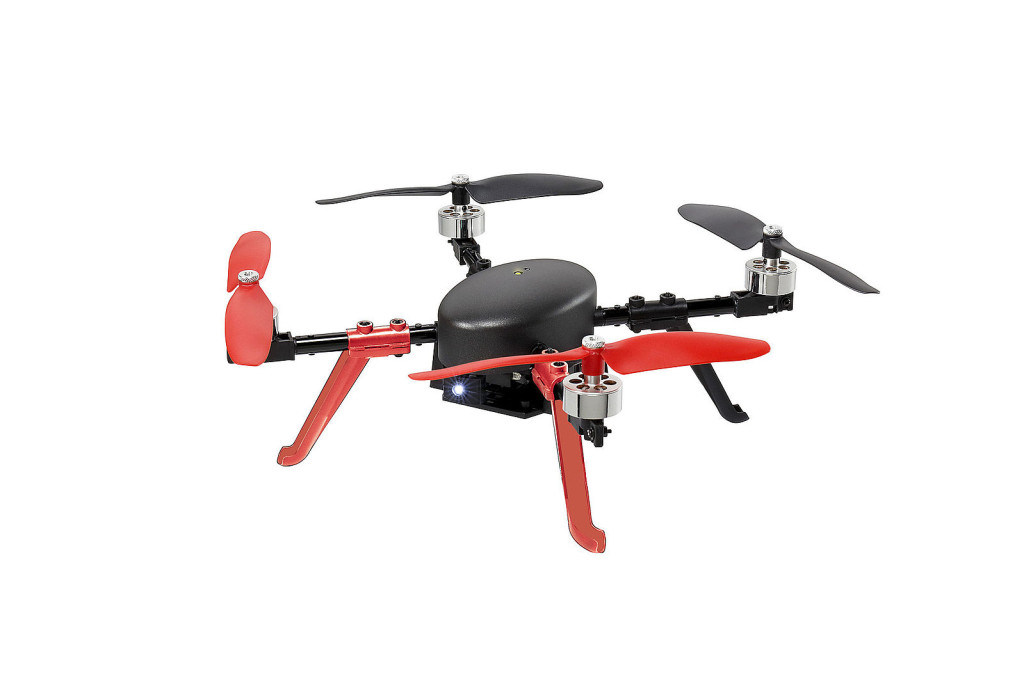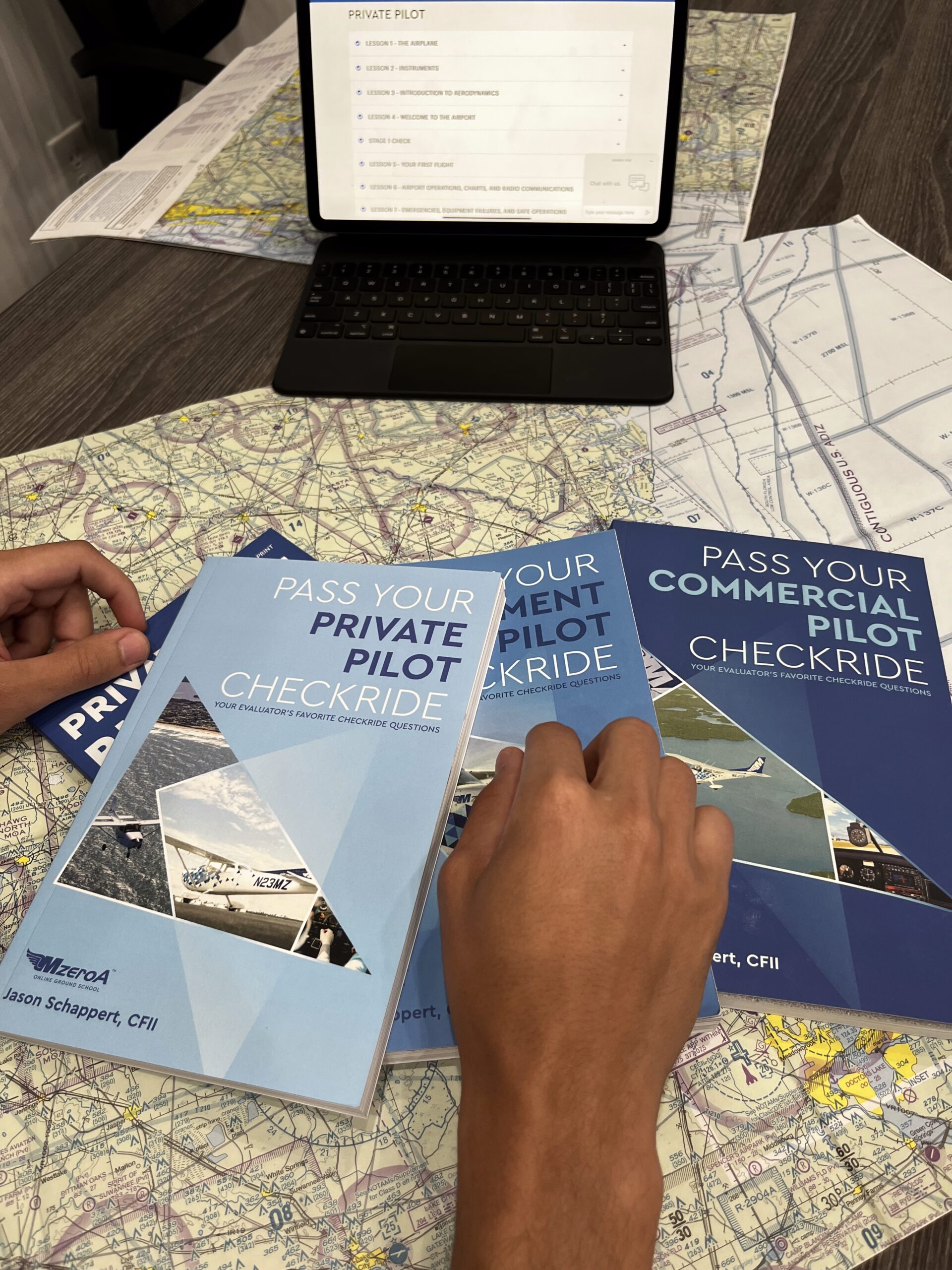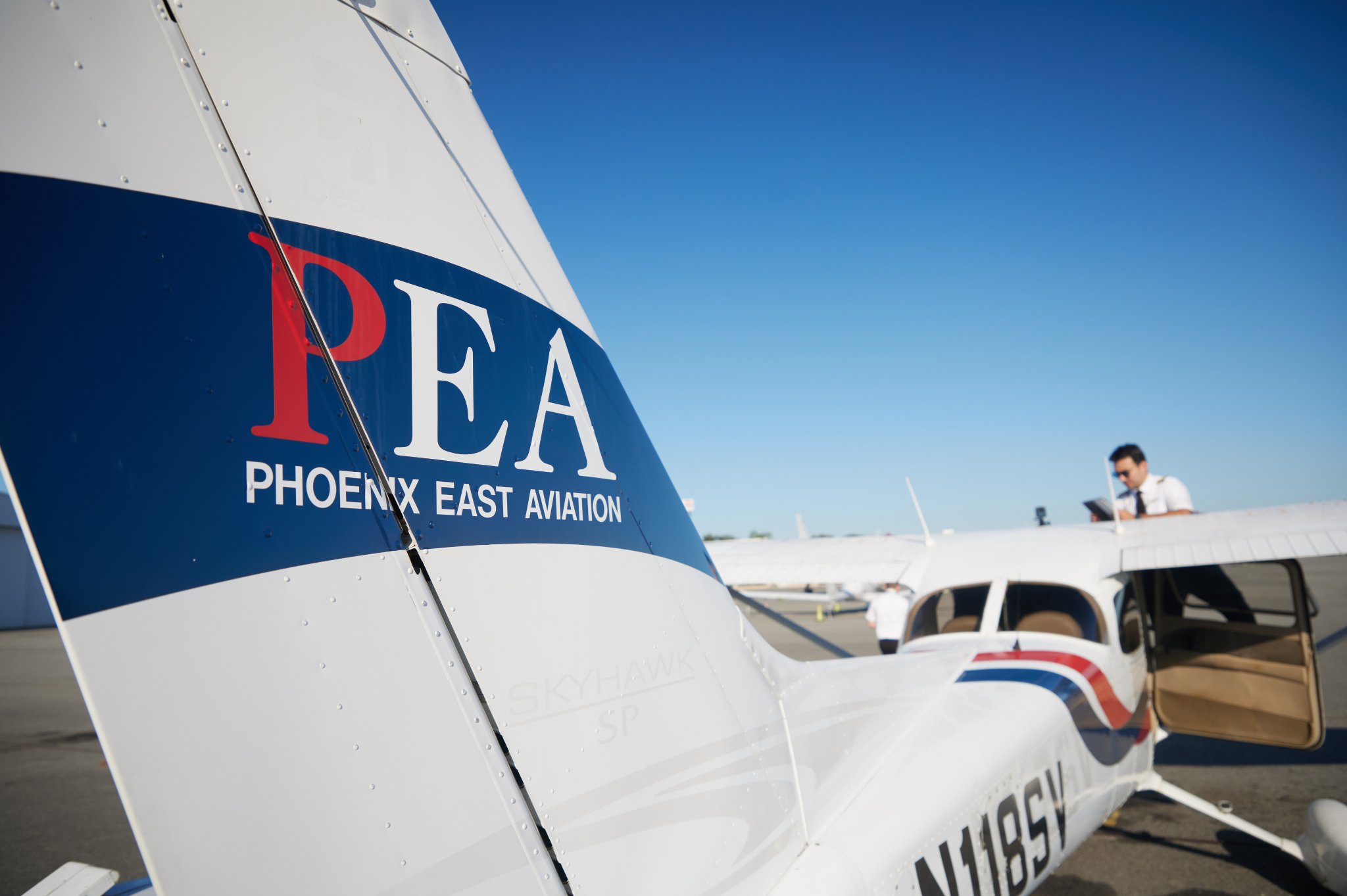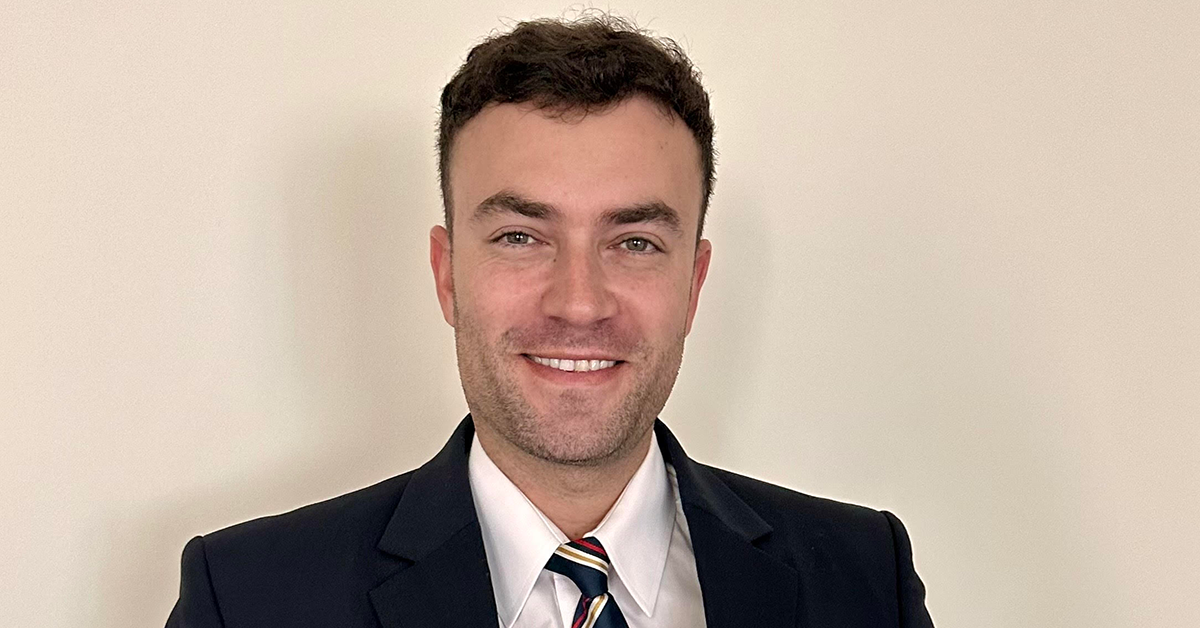Why You May Need a Pilot’s License to Fly a Drone
Drone pilots are anxiously awaiting approval and guidance from the FAA to be able to fly their drones without penalty. And while the FAA is currently working on a new set of rules that will address the operation of both commercial and non-commercial unmanned aircraft systems (UASs) inside the national airspace system, the battle is just beginning. While it’s not fair to leave the drone industry in limbo for such a long time, the alternative – the resulting rules – probably won’t appease UAS pilots.

The FAA has long defined the term aircraft as “a device that is used or intended to be used for flight in the air,” and drones fit this definition, according to the FAA. And they’re not backing down on this definition anytime soon. In fact, they’ve sent a clear message that they’ll go after any drone pilot that doesn’t play by the rules.
After a drone pilot named Raphael Pirker flew his drone over the University of Virginia and sold the footage to an advertising company, the FAA sued him on the basis of careless and reckless behavior, claiming that he was flying an aircraft without a certificate and flying at low altitudes over people, buildings and structures. Specifically, the FAA stated that Pirker violated FAR 91.13(a), which states, “no person may operate an aircraft in a careless or reckless manner so as to endanger the life or property of another.”
In March, a federal judge ruled in favor of Pirker, but the FAA appealed, saying that this type of activity, if allowed to become widespread, would put the national airspace system in danger. In November, the NTSB ruled in favor of the FAA. A statement issued by the FAA on November 18th states, “The National Transportation Safety Board affirmed the agency’s position that unmanned aircraft systems (UAS) meet the legal definition of “aircraft,” and that the agency may take enforcement action against anyone who operates a UAS or model aircraft in a careless or reckless manner.”
Small, low-cost drones that are simple to operate are becoming more popular, but have also caused a few frightening near-collisions with airplanes around airports. Since the airspace is already extremely crowded, and drones in the vicinity of other aircraft are a danger to the lives of many, the FAA sees the need to protect and regulate drone use in our airspace. Non-commercial drones and other model aircraft under 55 pounds, although not regulated, are currently restricted to operating below 400 feet and within sight of the user. Commercial drones have been prohibited unless they gain special approval from the FAA.
According to a recent report by the Wall Street Journal, the new rules will include the requirement for commercial drone operators to obtain a pilot certificate of some kind, and a restriction preventing them from flying drones at night. What type of pilot certificate this inside source was talking about is unclear. A private pilot certificate requirement (which requires 40 flight hours) for drone flight has the UAS community in an outrage, and it does seem a bit unreasonable to the typical drone hobbyist. But keeping in mind the FAA’s definition of aircraft, along with the fact that the FAA is facing potential airspace collisions, it’s not that unreasonable to consider that the FAA will require some type of pilot certificate for UAS pilots.
Regardless, it’s important to remember that this rumored pilot license requirement is said to be for commercial drone pilots, which means that hobbyist drone pilots may still be able to fly under the radar.
What do you think? Should drone pilots be required to obtain a pilot’s license?




